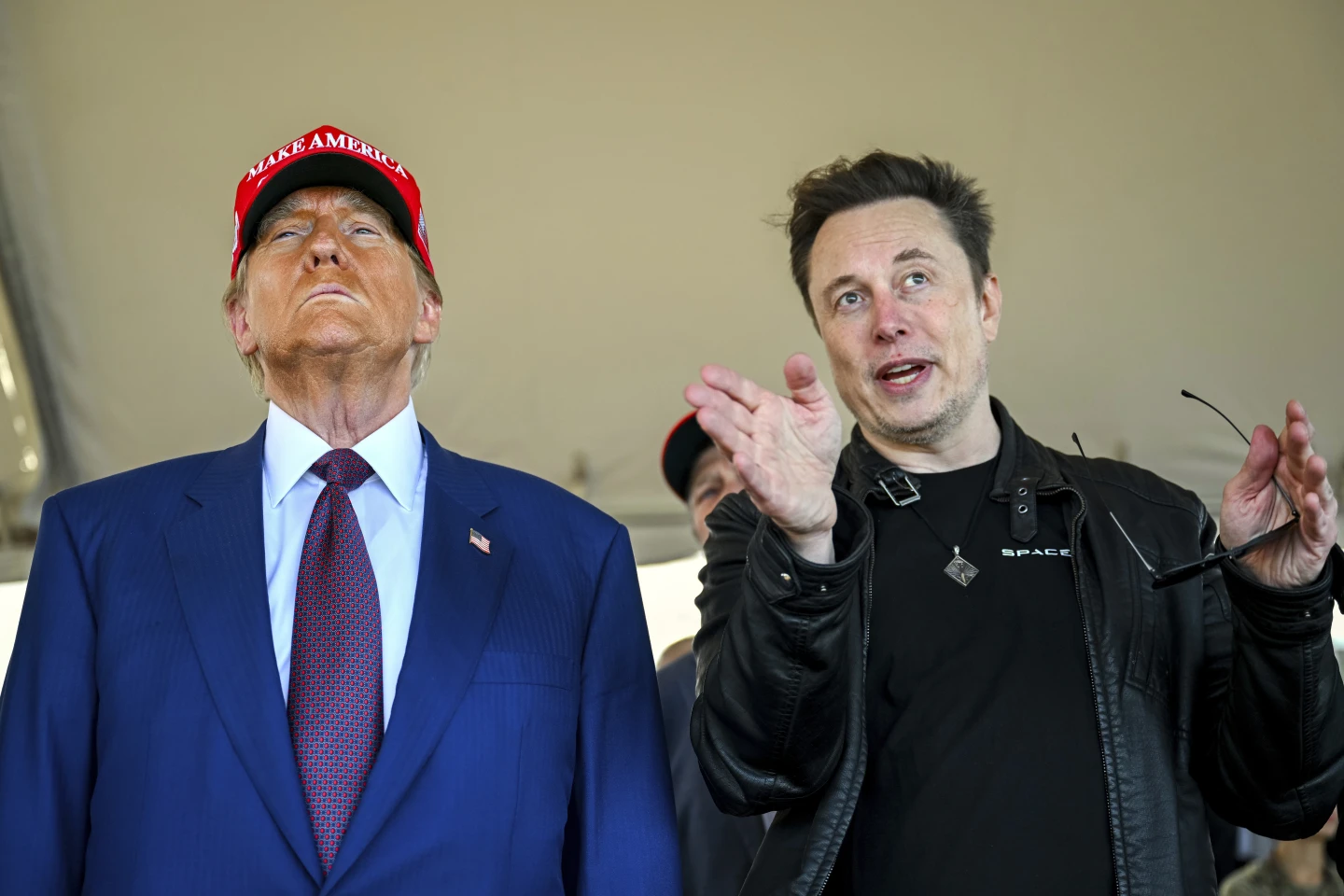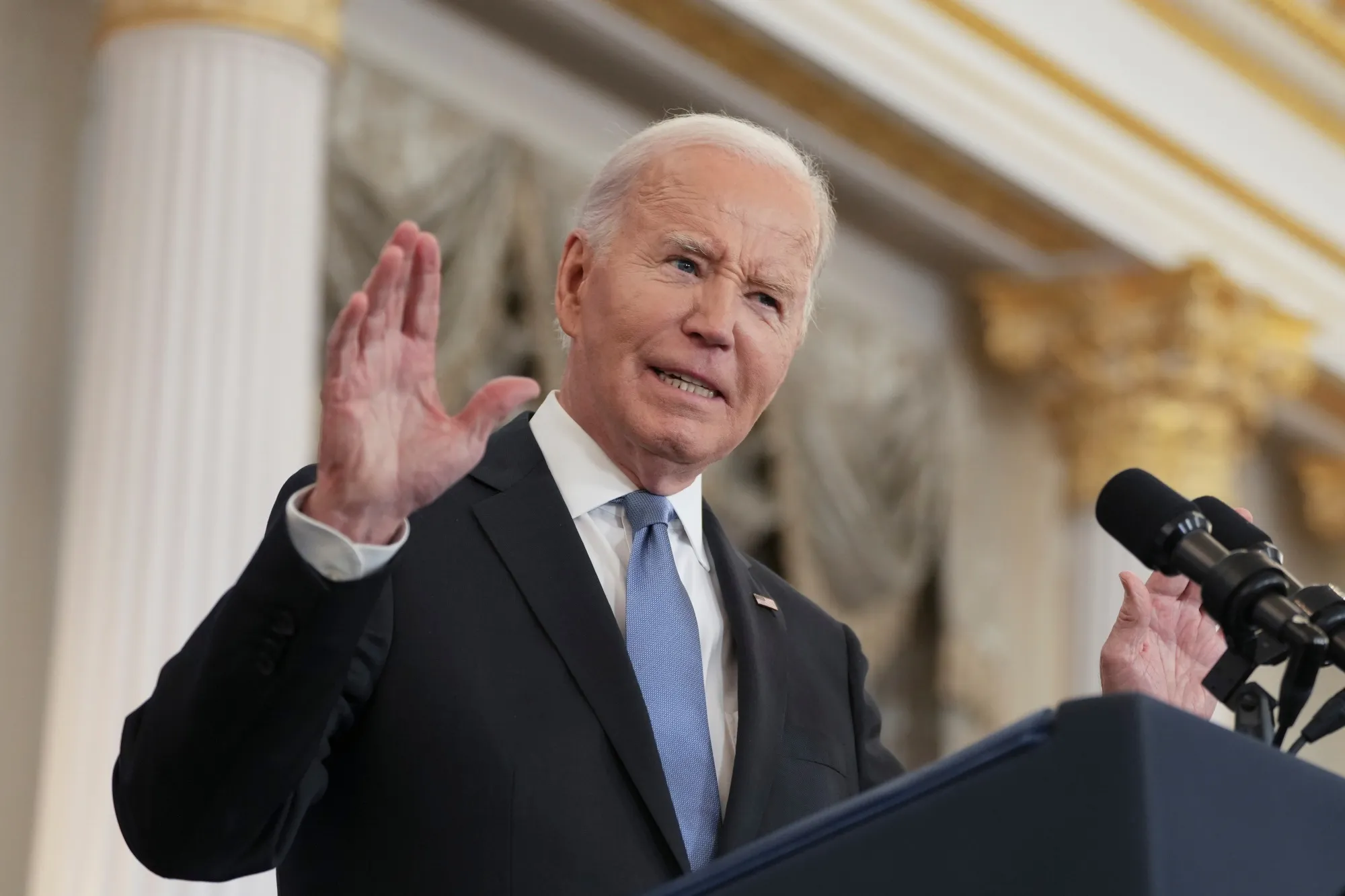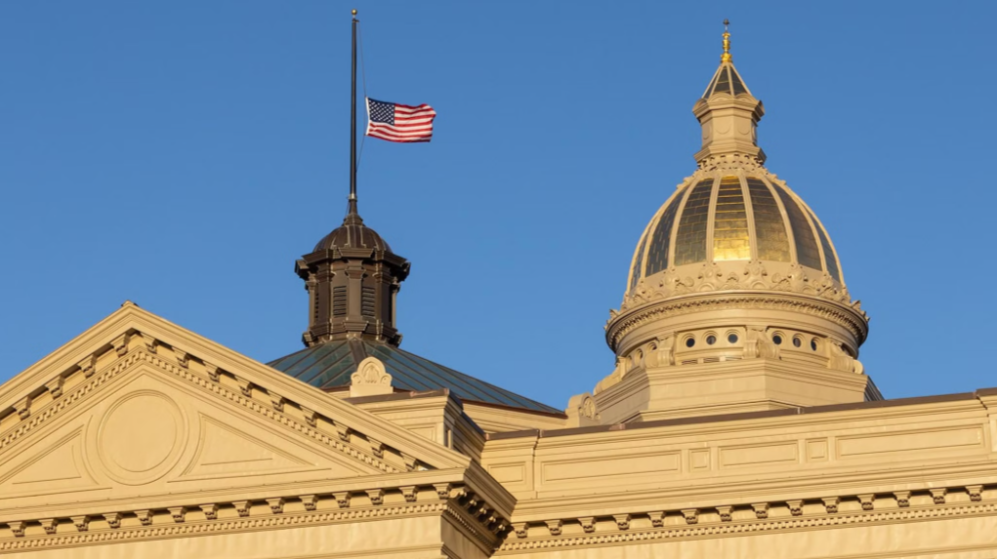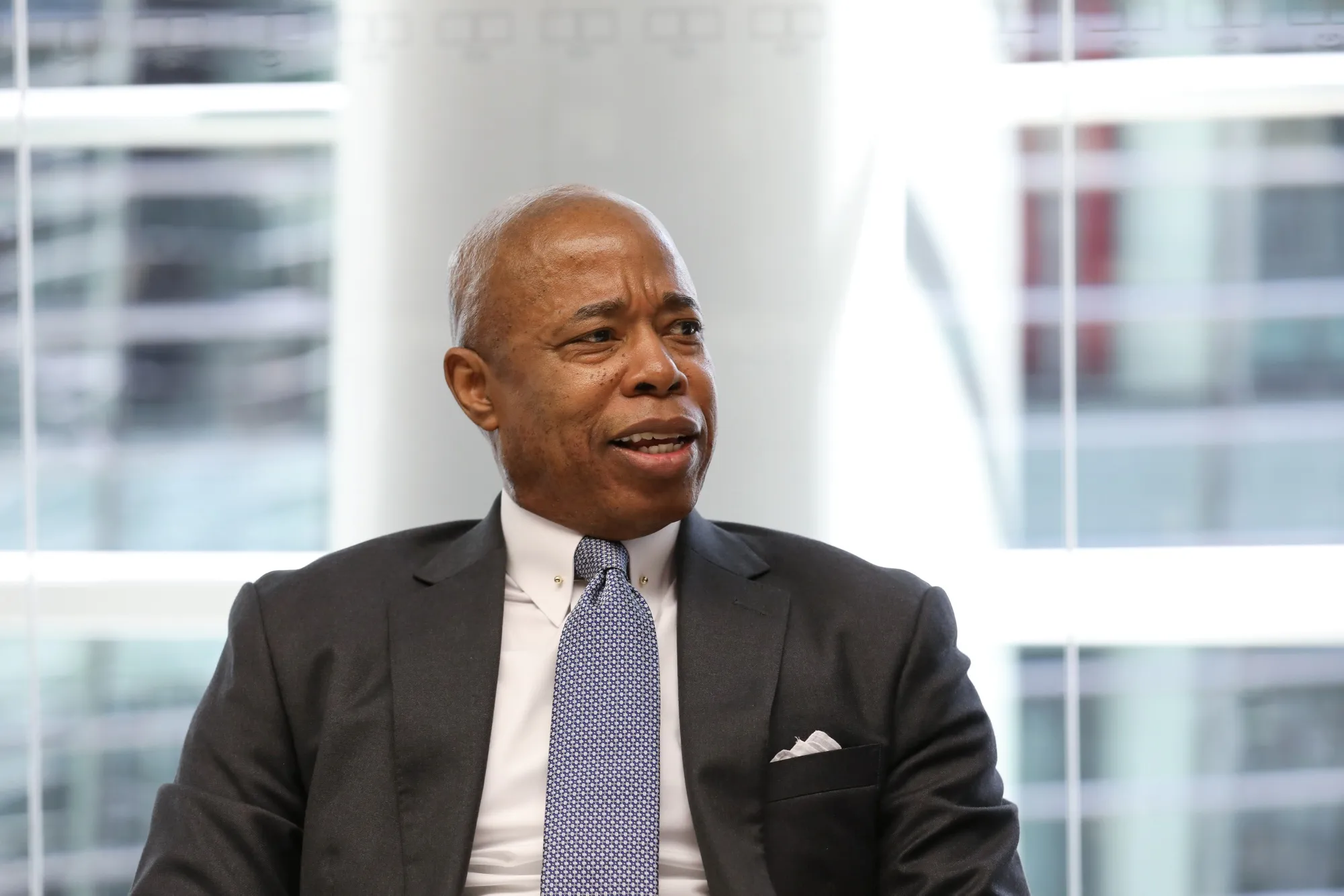Austria’s Freedom Party Claims Historic Victory in Elections, Faces Uncertain Path to Government
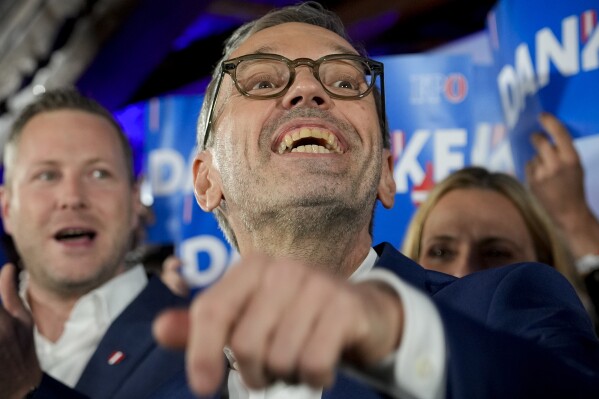
Austria’s Freedom Party has claimed the first far-right victory in a national parliamentary election since World War II, capturing 29.2% of the vote, The Associated Press reports.
The party surpassed the incumbent conservative Austrian People’s Party, led by Chancellor Karl Nehammer, which garnered 26.5%. The center-left Social Democrats secured third place with 21%. However, the pathway to governance remains uncertain for the Freedom Party.
The outgoing government, a coalition of the Austrian People’s Party and the Greens, lost its majority in the lower house, leaving Herbert Kickl, leader of the Freedom Party since 2021 and former interior minister, eyeing the chancellorship. Yet, Kickl’s ascent depends on forming a coalition capable of commanding a parliamentary majority, a challenging prospect given that potential partners have expressed unwillingness to collaborate with him.
The Freedom Party’s success taps into voter discontent over high inflation, the war in Ukraine, the COVID-19 pandemic, and immigration anxieties. Its election manifesto, “Fortress Austria,” advocates for the “remigration of uninvited foreigners,” aims to create a more “homogeneous” nation by controlling borders, and proposes suspending asylum rights through an emergency law. Additionally, the party calls for lifting sanctions against Russia, critiques Western military aid to Ukraine, and seeks to withdraw from Germany’s European Sky Shield Initiative.
Despite Nehammer’s disappointment at not securing first place, he emphasized his efforts to revive his party from lower poll standings. Consistent with his pre-election stance, Nehammer reiterated his refusal to form a coalition with Kickl.
Eligible voters numbered over 6.3 million in Austria, an EU member state with a policy of military neutrality. The Freedom Party’s resurgence marks a turn from the 2019 elections where it received 16.2% support amid a scandal involving then-leader Heinz-Christian Strache.
International reactions to the election saw congratulations from figures like Geert Wilders, Dutch far-right leader, and Alice Weidel, co-leader of Germany’s Alternative for Germany party.
The Social Democrats, historically dominant in Austria’s post-war governments, positioned themselves as a counterpoint to the Freedom Party. Leader Andreas Babler explicitly ruled out any coalition with the far right, describing Kickl as “a threat to democracy.”


